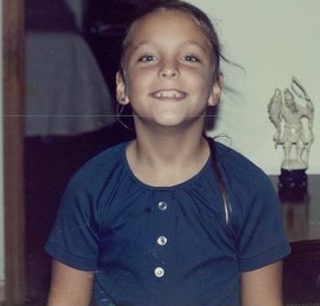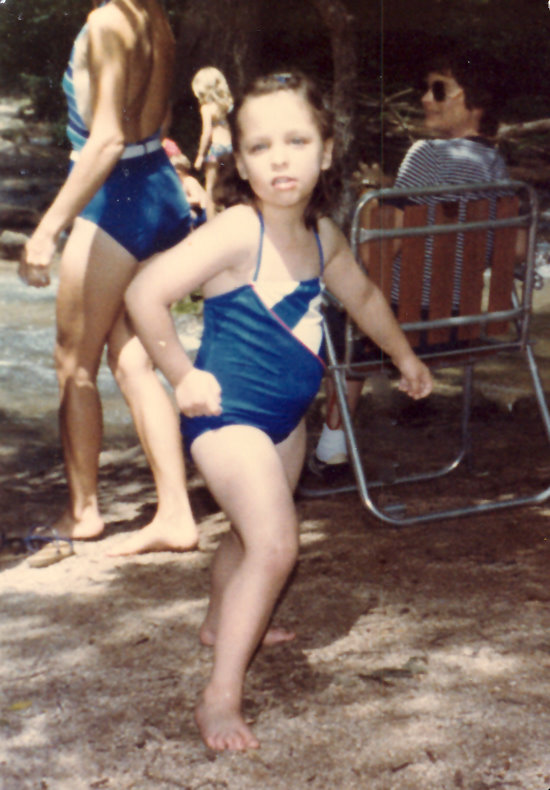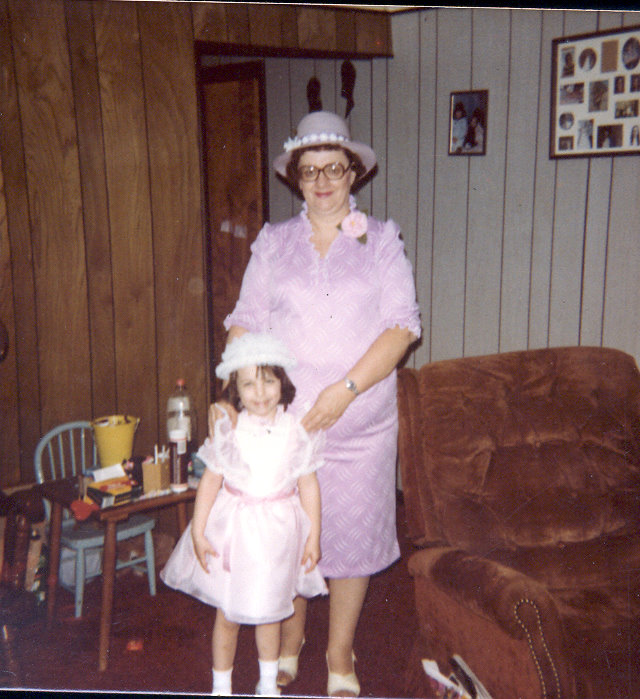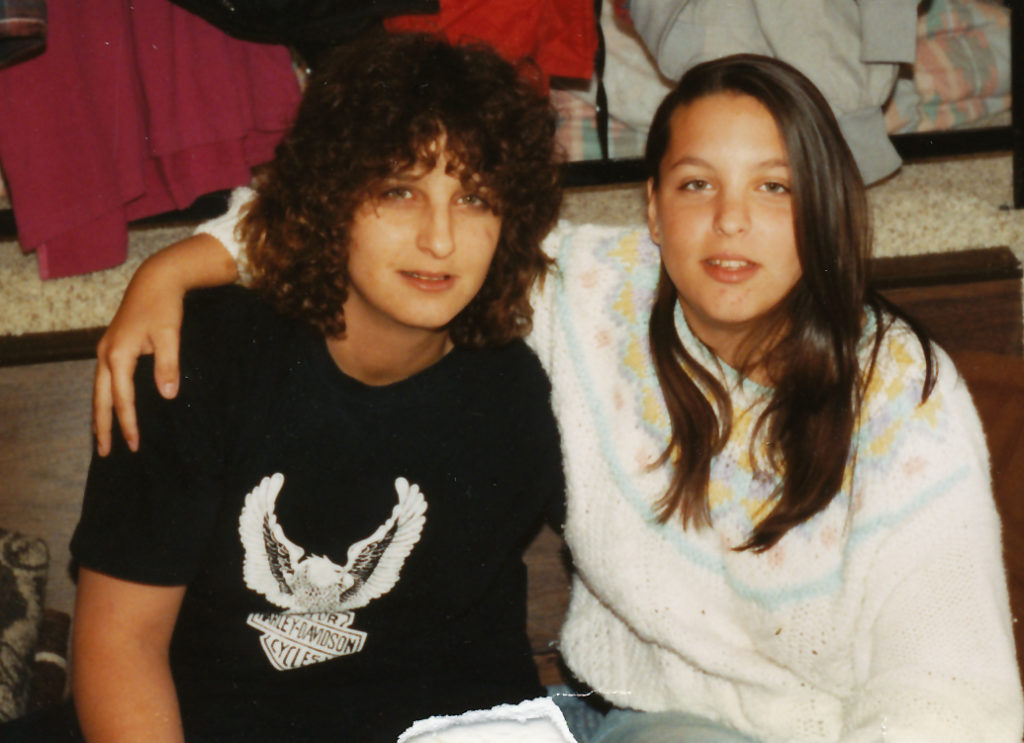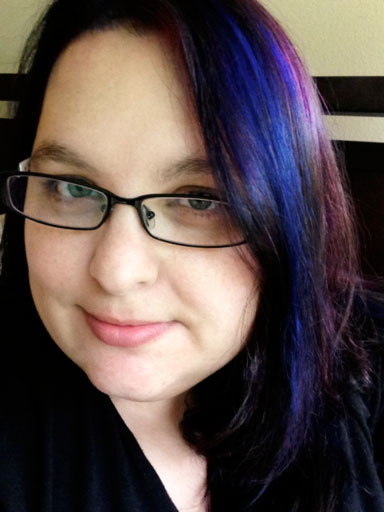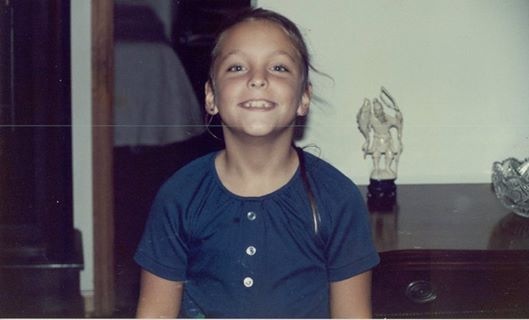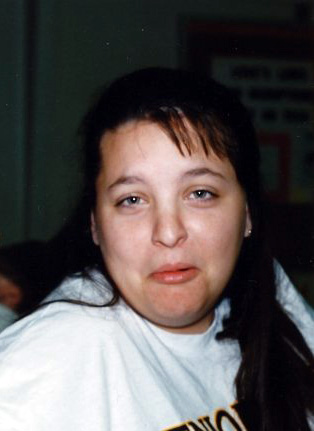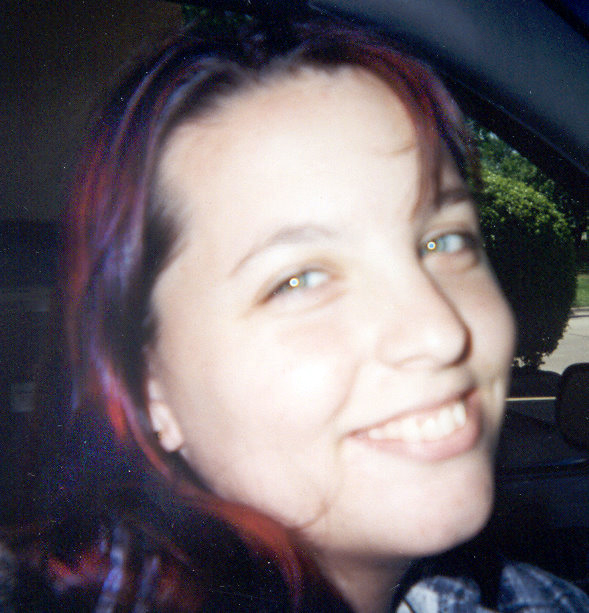Eat a Salad, aka Dear Non-Fat People of the World,
CW: eating disorders, discrimination, fat-phobia
If you’ve seen Avengers: Endgame, you’ll get the above reference (“eat a salad”) and by the end of this post, you’ll hopefully get why it bothered so many people. But that isn’t what this post is about–not really.
While I’m going to be blunt and honest in this post about some issues I’ve had throughout my life, I want to start off by saying that this is not a post to thin-shame or make people feel badly about being healthy. I no more want to do that then I would wish to fat-shame someone, trust me. Nor am I saying that being overweight is synonymous with being healthy. There are unhealthy, thin people and healthy, overweight people. Health is complicated. That being said, this is a letter to those who haven’t walked this world and this life as a fat person in hopes that I can erase some of the fat-phobia of society.
Prejudice isn’t anything new to this world, but there’s one form of prejudice that spreads across skin color, sexuality, gender, and nationality–people’s disdain for fat people. For reasons beyond my understanding, one of the worst things you can ever be is fat. We’re hired less often, promoted less often, paid less, and worse, we’re believed less by everyone from our family members to our doctors. What’s worse is that this fat discrimination is considered socially acceptable.
I’m fat. It’s not news to me. I didn’t wake up one morning with this revelation, as it’s something I’ve dealt with for as many years as I’ve dealt with pain. Maybe longer. I’d like to say it began with a serious knee injury in middle school that crippled me for a time, but my genetics says it began before that as I’ve never been average weight.
There’s nothing wrong with the photo above, yet family and friends referred to me as “chunky.” Being called chunky at five isn’t healthy for anyone, and it certainly wasn’t for me. When puberty hit, my father’s way of dealing with my newfound curves was to make me run laps around our apartment building before I could come inside for the evening. As if running would somehow undo puberty’s affects on my body. Instead, I learned to abhor running. (Still do!) Growing up, I was constantly reminded that I didn’t want to “grow up to look like [my] grandma,” because she was overweight and that was the worst thing I could be.
This fear of fat permeates everything in our culture, and it gives people unrealistic expectations about their bodies and whether those bodies are worthy of love. When my grandmother died, she hated her body. She died feeling like a useless burden to everyone around her. She suffered when her husband died, and it never once dawned on her that she might find love again because who could love a fat woman? These are the lessons that I learned growing up, which is part of the reason why when I look at the picture below from Halloween, I’m not surprised that child me chose to wear a skirt. After all, it hid my thighs and belly better. (Never mind that a ten-year-old shouldn’t be worrying about this.) Even then, weight was a constant mental companion.

My first experiences with fat-phobia in the medical field came during middle school–that injury I mentioned earlier. In 7th grade, someone pushed me down the stairs at school. My right knee-cap bounced down metal-capped steps for two flights before I came to a stop. The doctor provided to us by our crappy-HMO plan explained that my continued knee pain post-fall was because I was overweight. He said if I lost weight, my knee wouldn’t hurt anymore, because even at thirteen, being overweight was the reason for every plague I ever had and ever would have. The second opinion doctor called them “growing pains” and wrote me off as well.
By high school, we’d moved and thus, had better insurance. My knee was a hot mess, which set my body up to move wrong. Everything I did was in reaction to pain and hyper-mobile joints. (I’d later learn these were due to auto-immune disorders.) This new doctor agreed that something was wrong, and I was sent to surgery to fix it. Most of my cartilage was damaged or gone, knocked out of place by the fall and continued physical activity post-fall. In many places, I was bone on bone. My pain finally had a reason that made sense.
I spent most of high school like most teenaged young women–unhappy within my own skin. In fact, I spent most of my senior year struggling with anorexia. Every judgement about what I ate and utterance of fat-shaming words made me desperate to fit in with my peers. It wasn’t until long after my husband and I began dating that I conquered my eating disorder. It was many years after that that I learned to accept my body.
Despite a husband who loved me, doubts about myself crept into the oddest places in my life. Every job I ever interviewed for, I second guessed myself during the interviews. Would they hire me, or would they assume I couldn’t do the job because I didn’t fit their ideal of how a woman should look? Just visiting the doctor’s office was a chore. I had to fight for a flu test because the doctor wanted to refer me to a nutritionist to “help me lose weight” instead of treating the actual reason for my visit. I could be running a 103-degree fever, and the doctor would want to talk about my home exercise program. Back when I taught, students would leave me notes telling me how amazing I was as a teacher…but I’d be even more amazing if I were thin. If you ask any overweight person you know about this, they can tell you horror stories–especially women.
People think they mean well when they ask if you’ve recently lost weight or want to tell you about the new diet fad that worked for them, despite overwhelming evidence that diets don’t work. People also mean well when they tell people with depression to just “go for a walk outside” or when they tell folks with auto-immune disorders to “do yoga” or snort some essential oils. What people don’t realize or think about is how deeply rooted prejudice is in our words and actions. What people don’t do is think about how much “meaning well” costs others–like telling your son to “eat a salad” as a way to deal with his PTSD. As an author, I’m well aware that words have power. I’ve lost people to suicide because of the power of words. Even when we mean well, we have the power to do great harm. As creators, we have an obligation to be cognizant of our true motivations for “meaning well.”
In March, I developed a rather gnarly case of bronchitis after catching a viral crud. Bronchitis is never simple with me, because I have asthma (specifically allergy-induced asthma) and Sjogren’s Syndrome, which can lead to interstitial lung disease among other things. Spring is also the worst season for my allergies, which tend to attack my lungs and make me feel like I’m breathing through too many comforters. When April rolled around and the congestion stuck around, I visited my primary care physician–as most people would.
Knowing my long history with allergies and asthma, and my more recent history with Sjogren’s, my doctor ordered an x-ray to rule out pneumonia. Totally acceptable course of action. My lungs were clean. Rather than refer me to my allergist, she decided to order an echocardiogram. Not an EKG, but an actual, expense echocardiogram.
While I may be fat, I’ve never had a history of high blood pressure or high cholesterol. I’ve been a vegetarian for over twenty years and generally eat healthy. My big sin is Dr. Pepper and chocolate, but other than that, I’m pretty good. I enjoy broccoli too much, but I think that’s okay.
I felt like my own doctor was jumping to conclusions, something I’ve dealt with most of my life. When trying to get my auto-immune disorder diagnosed, I lost track of the “specialists” who told me all my symptoms would go away if I lost weight. I lost track of the number who ignored serious symptoms (like the fact that I had a fever for over six months) because I’m fat and female.
I’m not going to list out every instance–we’d be here all year–but with my PCP, I expected better. Still, I’m not a doctor. Sjogren’s can impact the heart and while I’ve never had any symptoms of heart problems, I decided to keep the appointment with the cardiologist just in case. It took insurance a month to approve a “STAT” appointment because they didn’t think it medically necessary, and for once, I agreed with them. Still, they eventually approved it.
The cardiologist looked over the past seven years of my medical records and said, “I honestly don’t know why your doctor sent you here.” He did a standing, sitting, and lying down EKG–all of which were normal. Unlike my PCP, the cardiologist knew enough about Sjogren’s to know about its impact on internal organs, so he suggested we stick to the echocardiogram in order to get a “base line” established. That way, as I progress through the disease, we could ensure we caught anything before it became an issue. He also suggested I get a new primary care physician.
When I asked why, he said he didn’t enjoy speaking ill of colleagues, but he felt my PCP was ordering unnecessary tests due to discrimination rather than an actual worry about my health. You know it’s bad when the cardiologist sees it, folks.
While I knew there was nothing wrong, anxiety is a bitch, folks. It didn’t matter that an echocardiogram is nothing more than a super-fancy ultrasound. I was fighting a panic attack the entire way through the day. It didn’t help that I had to go to a major hospital and walk into a cardiac unit to get the procedure.
Everyone in the waiting room was a good 20+ years older than me. They stared at me the entire time I waited for my name to be called, probably wondering what I had done at so young an age to be there. Or maybe they didn’t have to wonder. Maybe they just assumed like the rest of the world that because I’m fat, I’m a walking disaster. It’s taken a long time for me to love myself, especially post-auto-immune diagnosis, but this one moment threatened to undo all of that.
It was mortifying to sit there beneath their judgement, like there was something horrifically wrong with me.
Watching my heart beat on the screen was amazing, I’m not going to lie. Seeing it pump blood to the rest of my body…it’s something we take for granted. The technician and nurse both tried to make it a learning experience for me since they could see my panic. For example, I learned quite a bit about what Hollywood gets wrong in regards to a pulmonary embolism. During an echo, they pump tiny air bubbles into your heart, which worried me until they explained the science. But not even science couldn’t keep me completely calm and once done, I retreated to my car where I burst into tears.
The entire procedure took two hours–straight through lunch–and as I sat in my car, I realized I didn’t want to eat. The idea of food was embarrassing and felt…wrong. It wasn’t until I was half-way home that I realized why. This one moment made it easy to slip into an unhealthy style of thinking. People rarely tell you that eating disorders never truly go away. Like an addict, it’s a one-day-at-a-time type ordeal, and many find it easy to relapse.
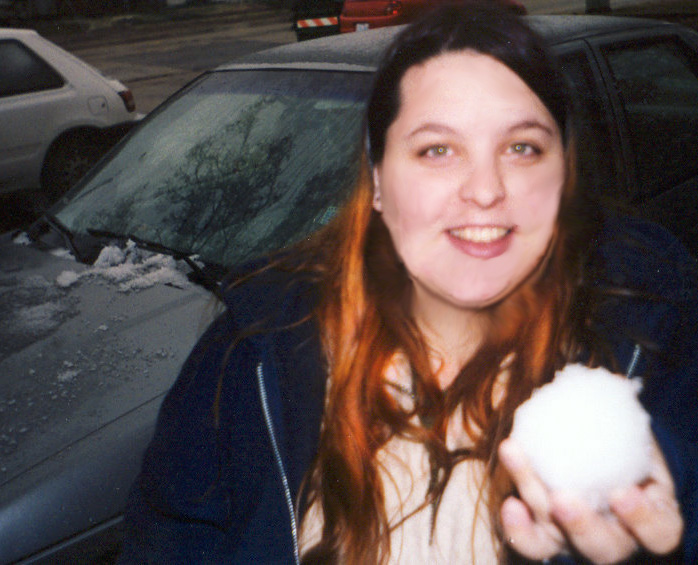
It’s not something I bring up often, but the truth of it is it’s a battle I fight more often than I realize. It’s easy to stand in a room full of strangers as a fat woman and subconsciously choose not to eat, despite being hungry, for fear of judgement. Worst part is, many people probably think skipping a meal is good for a fat person, but it isn’t. Starving yourself plays havoc with the metabolism and messes with the body’s ability to be healthy. It makes it harder to lose weight and easier to gain it.
My new cardiologist didn’t wait long to call me with the results. In fact, I’d barely walked in the door at home when my phone rang. My heart?
Perfect.
No signs of cholesterol issues–no narrowing of arteries or veins. Strong heart muscle and excellent blood flow to the walls. Valves excellent. Everything about my echocardiogram was perfect. As we expected. My former-primary care physician had ordered a $3000 test for absolutely no other reason than I’m fat.
I can hear some of you grumbling though. I mean, fat people carry an increased risk for heart disease, so isn’t it proactive of her to have done this test? The problem is I had no other indications. None. Insurance will receive the results and use that as an example of yet another doctor ordering an unnecessary and expensive test. They’ll use it as leverage of why they should be the ones deciding what is medically necessary instead of my doctors.
That right there is how we end up with people with cancer not getting diagnosed early enough because insurance didn’t want to pay for the tests or countless other issues that have sprung up as a result of for-profit health care. But that’s another post…
So known issues aside, I’m healthy and my heart is, too. It took me two days to recover anxiety wise, which of course sent my Sjogren’s into a flare up due to stress levels, but I’m bouncing back. I have a wonderful support system via my husband and friends. <3
Even though I’ve left my former PCP behind, how many others will she harm? Folks who might not have the support network that I do? It’s not just her, and it’s not just doctors. Society believes fat people are better left hidden in the shadows–better unseen and unheard.
To those that aren’t fat, please, please examine your own prejudices. Before you “mean well,” think about your motivations. To everyone, be an advocate for your health. You know your body better than anyone else. You might not be a doctor, but you live with yourself every day.
On that note, I make this vow to the world:
I will not be silent, nor will not hide myself from view.
I will not allow society to dictate my health decisions, and I will advocate for better healthcare.
And no, I won’t go eat a salad…unless I want one.

